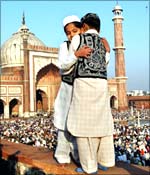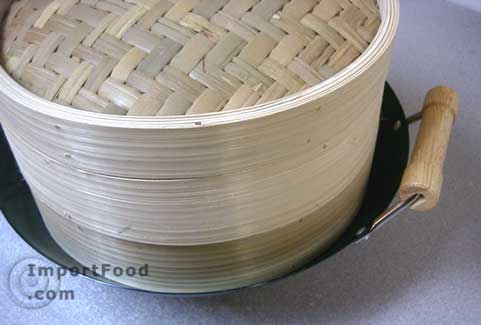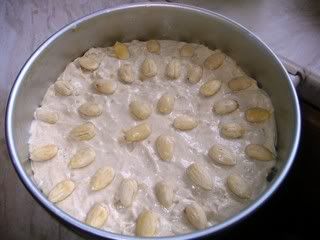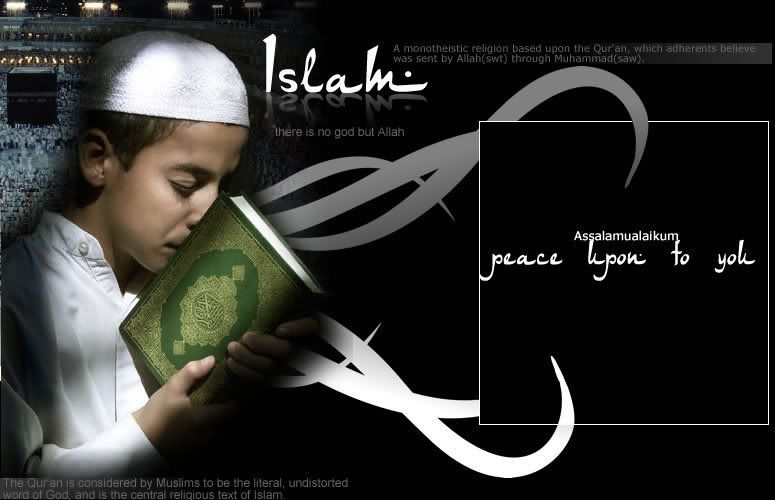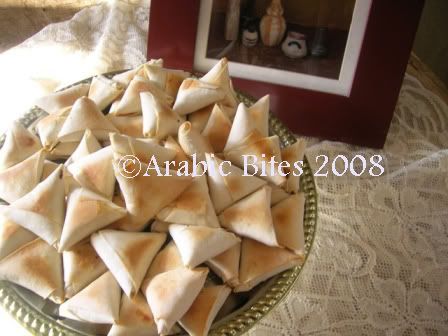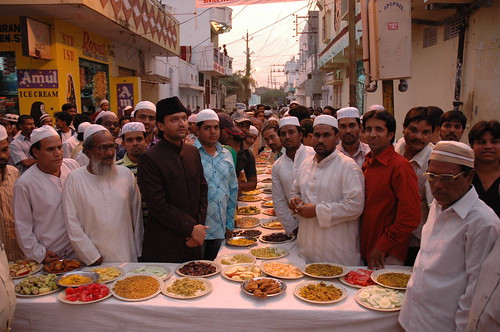 Can You Benefit if You Read The Quran in English?
Can You Benefit if You Read The Quran in English?This is the question that many Muslims who are English speakers struggle with. Traditionally, all Muslims are taught to read the Quran in Arabic. The great majority of the Muslim world consists of non-Arabic speaking people (only 20% of the Muslim world constitutes of Arabic speakers). Therefore, a vast number of Muslims are taught to read the Quran in a language they do not understand. But in every community, a number of them will learn the Arabic language, and they become Islamic leaders in their communities.
This is very different from the Christian world where the religion is localised to the community - translations of the Bible in various languages abound. No Christian reads the Bible in its original language.

There are also translations of the Quran in many languages so that the Message is comprehensible to people in their native language. But the Muslim prayer is conducted in Arabic (always), congregational prayers are also in Arabic, people gather to recite the Quran in Arabic. People who memorise and recite the Quran in Arabic are respected and envied. And it is commonly held that reading the Quran is beneficial to the one who reads is.
But for many of us non-Arabic speakers, learning the Arabic language can be an uphill task. The Arabic language script is not Romanized making it all the more harder for the English speaker to learn it.
Since Arabic is so prevalent in Islam, I think it should be necessary that all Muslim children, be initiated into Arabic language classes. This will facillate them understanding the Quran as it was meant to be understood as they grow older - not merely relying on an English interpretation of the Quran.
Nevertheless, for those of us who are already older, and want to take some meaning from the Quran without painful Arabic language classes, we have no choice but to rely on the English translations. That would be better than nothing.
For those of us more motivated, we can enroll in Arabic language classes. After all, non-Muslims are motivated to do it for monetary or educational reasons, so why not Muslims motivated by spirituality?
---------------------------Here is what I found in a
book:
Reward for reading the Qur'aan in translation
Question: Asalamu-Alaikum,
This is in regards to Question 2237 `Reading Soorat Yaa-Seen in congregation on Friday nights'. Actually I am referring to the hadeeth you mentioned where The Prophet (peace be upon him) said: "Whoever reads one letter of the Book of Allaah will have one hasanah (reward) for doing so, and every hasanah will be multiplied by 10. I do not say that `Alif, laam, meem' is one letter, but `Alif' is a letter, `laam' is a letter and `meem' is a letter.'"
I was wonderring if this hadith was also true if one is reading the Qur'an in a different language (i.e. English Translation) in order to actually understand what he is reading?
Thank You, Allahu-Akbar
Answer: Praise be to Allaah. We ask Allaah to reward you for your keenness. In response to your question, the reward mentioned in this hadeeth is only for the one who reads the Qur'aan as it is in Arabic, not for the one who reads the interpretation of the meanings in any other language. However, if a person reads a translation of the meanings in order to understand the meaning and benefit from what the aayaat are saying, then he will be rewarded for doing this, and his reward is with Allaah, because the Muslim will be rewarded for reading tafseer (explanation and commentary), and a translation is tafseer. But there is no indication that the person who reads a translation will earn the reward mentioned in the hadeeth. The bounty of Allaah is immense. And Allaah knows best.
---------------------------But the following story I found recently shows that there is benefit from God's words even if we do not always comprehend it.
Story:An old man lived on a farm in the mountains of eastern Kentucky with his young grandson. Each morning Grandfather was up early sitting at the kitchen table reading his Qur'an. His grandson wanted to be just like him and tried to imitate him in every way he could.
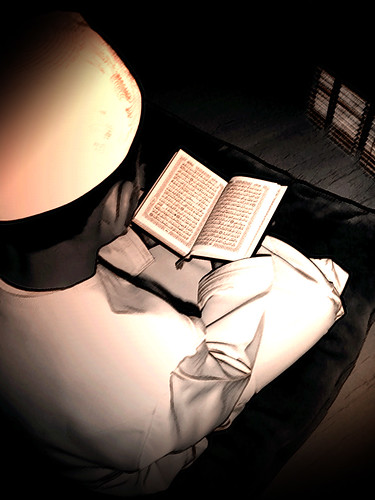
One day the grandson asked, 'Grandfather! I try to read the Qur'an just like you but I don't understand it, and what I do understand I forget as soon as I close the book. What good does reading the Qur'an do?'
The Grandfather quietly turned from putting coal in the stove and replied, 'Take this coal basket down to the river and bring me back a basket of water.'
The boy did as he was told, but all the water leaked out before he got back to the house. The grandfather laughed and said, 'You'll have to move a little faster next time,' and sent him back to the river with the basket to try again. This time the boy ran faster, but again the basket was empty before he returned home. Out of breath, he told his grandfather that it was impossible to carry water in a basket, and he went to get a bucket instead. The old man said, 'I don't want a bucket of water; I want a basket of water. You're just not trying hard enough,' and he went out the door to watch the boy try again.

At this point, the boy knew it was impossible, but he wanted to show his grandfather that even if he ran as fast as he could, the water would Leak out before he got back to the house. The boy again dipped the basket into river and ran hard, but when he reached his grandfather the basket was again empty. Out of breath, he said, 'See Grandfather, it's useless!' 'So you think it is useless?' The old man said, 'Look at the basket.'
The boy looked at the basket and for the first time realized that the basket was different. It had been transformed from a dirty old coal basket and was now clean, inside and out.
'Son, that's what happens when you read the Qur'an. You might not understand or remember everything, but when you read it, you will be changed, inside and out.
Labels: Ramadan Reflections









